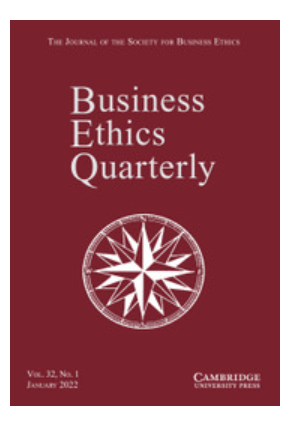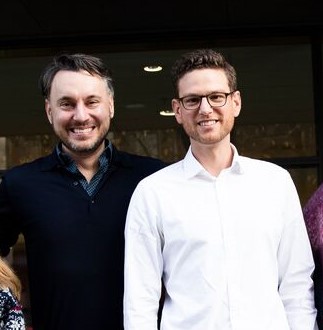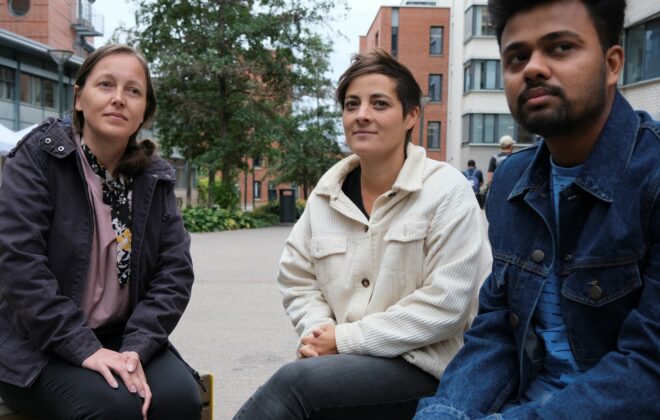Publication: Solutions for responsible AI
– Responsible innovation in artificial intelligence (AI) calls for public deliberation, claims researchers Alexander Buhmann and Christian Fieseler. In the latest edition of “Business Ethics Quarterly”, the BI researchers proposes new framework for AI responsibilities.
The AFINO research project “Algorithmic Accountability: Designing Governance for Responsible Digital Transformation” investigates how both organizations and stakeholders can shape and implement AI and algorithmic technologies in a way that is transparent, comprehensible and ultimately accountable.
The article published in “Business Ethics Quarterly”, “Deep Learning Meets Deep Democracy: Deliberative Governance and Responsible Innovation in Artificial Intelligence”, written by Alexander Buhmann and Christian Fieseler, is a part of this project.
Read the abstract to learn more about their work:
Responsible innovation in artificial intelligence (AI) calls for public deliberation: well-informed “deep democratic” debate that involves actors from the public, private, and civil society sectors in joint efforts to critically address the goals and means of AI. Adopting such an approach constitutes a challenge, however, due to the opacity of AI and strong knowledge boundaries between experts and citizens. This undermines trust in AI and undercuts key conditions for deliberation.
We approach this challenge as a problem of situating the knowledge of actors from the AI industry within a deliberative system. We develop a new framework of responsibilities for AI innovation as well as a deliberative governance approach for enacting these responsibilities. In elucidating this approach, we show how actors from the AI industry can most effectively engage with experts and nonexperts in different social venues to facilitate well-informed judgments on opaque AI systems and thus effectuate their democratic governance.

Read the full paper here: Deep Learning Meets Deep Democracy: Deliberative Governance and Responsible Innovation in Artificial Intelligence.
The article was published 24th January 2022.




